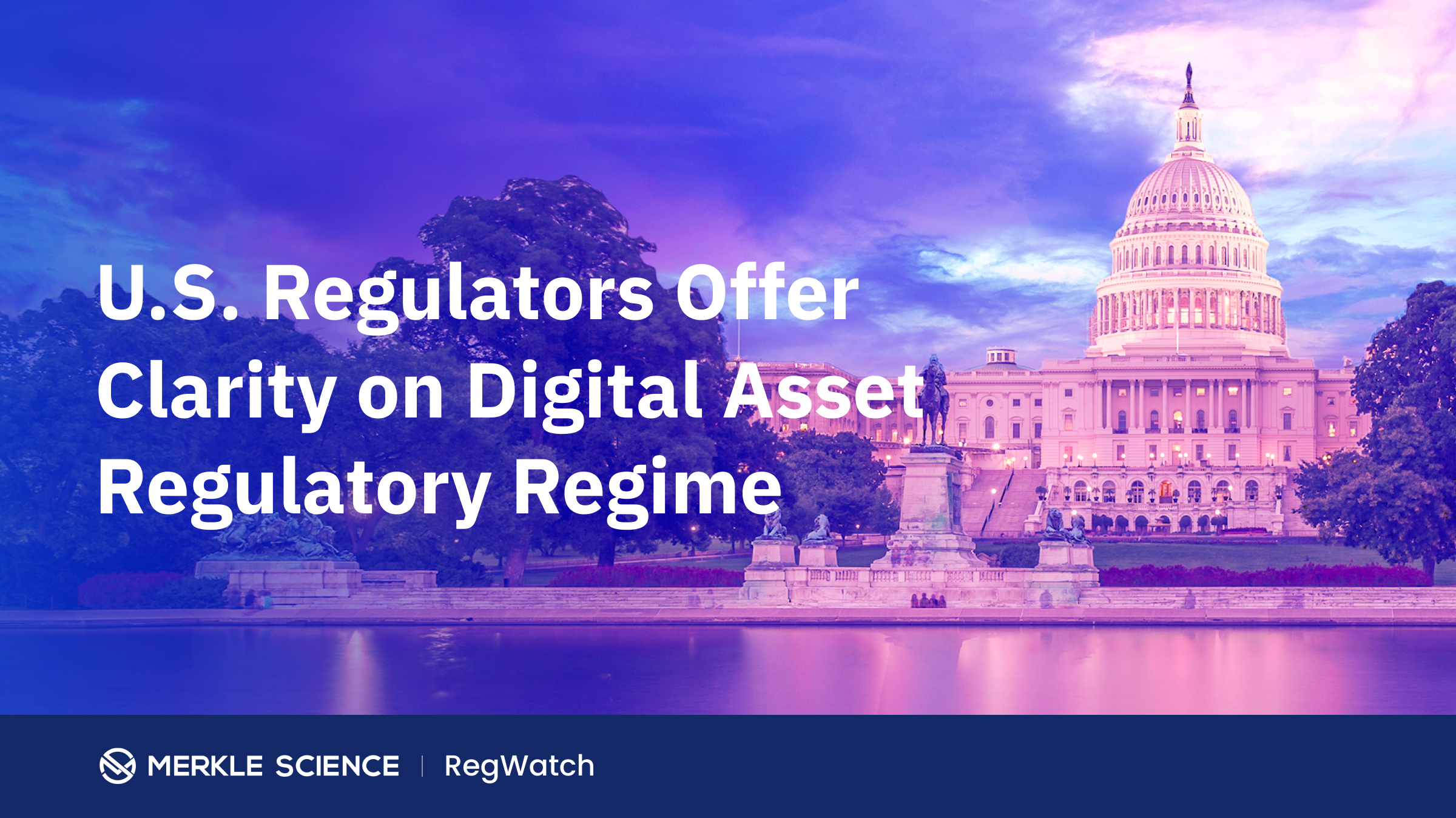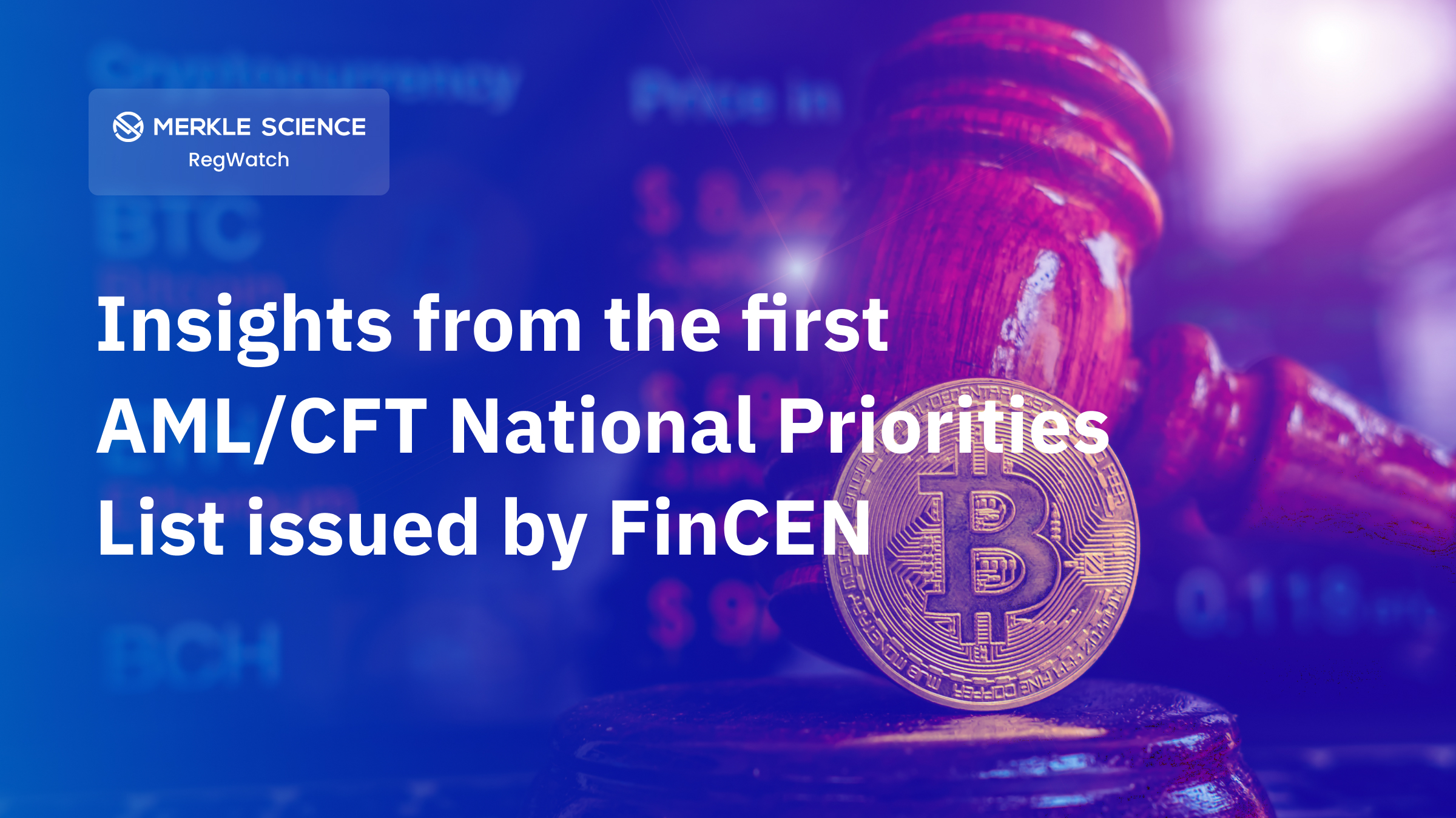Last week, the U.S. regulatory front attempted to address a long-standing desire from the industry for regulatory clarity. During a speech on 3 August 2021, at the Aspen Security Forum, the Securities Exchange Commission (SEC Chairman Gary Gensler outlined the approach that SEC may adopt to regulate the crypto industry. Keeping investor and consumer protection as his focal point, Gensler highlighted some of the concerns SEC had about DeFi platforms, stablecoins, exchange-traded funds (ETFS), crypto exchanges, and lending — and asked for resources from Congress to prevent transactions, products, and platforms from falling through regulatory cracks. This statement comes shortly after the introduction of the “Digital Asset Market Structure and Investor Protection Act” bill by Rep. Don Beyer (D-VA) on 28 July 2021. The bill, which is pegged to be the most comprehensive one to date lays down provisions that (a) regulate the categorization of digital assets, (b) desecuritization of tokens, and (c) allow the Department of Treasury to veto the creation of stablecoins amongst other measures. Further, on 1 August 2021, the senate proposed provisions on taxing digital assets in order to fund the Infrastructure Bill. The broadly worded definition of ‘broker’ in the bill has been a source of significant controversy, as the industry leaders believe it stifles innovation and investment in the crypto space.





